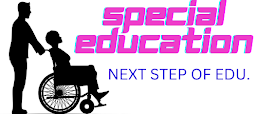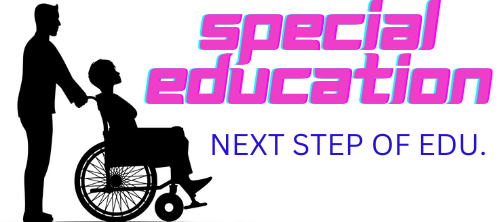Diploma in Special Education.
Diploma in special education visual impairment course full details
1. Course Duration: The duration of the course may vary from one institution to another. Typically, the course duration ranges from one year to two years.
2. Eligibility Criteria: The eligibility criteria for the Diploma in Special Education Visual Impairment course may vary from one institution to another. However, the general eligibility criteria are as follows:
3. Candidates must have completed their 10+2 or equivalent examination from a recognized board with a minimum of 50% marks.
Some institutions may require candidates to have a Bachelor's degree in any stream from a recognized university.
Course Curriculum:
The Diploma in Special Education Visual Impairment course curriculum may vary from one institution to another. However, the general topics covered in the course are as follows:
1. Introduction to Visual Impairment and Blindness
2. Educational Psychology and Development
3. Orientation and Mobility
4. Braille Reading and Writing
5. Assistive Technology
6. Curriculum Adaptation and Modification
7. Communication Skills
8. Classroom Management and Assessment
Career Opportunities:
After completing the Diploma in Special Education Visual Impairment course, graduates can pursue various career opportunities, such as:
1. Special Educator for Visually Impaired Students
2. Resource Teacher for Visually Impaired Students
3. Braille Transcriptionist
4. Assistive Technology Specialist
5. Orientation and Mobility Specialist
Overall, the Diploma in Special Education Visual Impairment course is an excellent opportunity for individuals who want to work with visually impaired students and make a difference in their lives.
Syllabus -
The D.Ed. VI (Diploma in Education for Visually Impaired) course is designed to train individuals in teaching students with visual impairment. The syllabus of the D.Ed. VI course may vary from one institution to another, but here is a general outline of the topics covered in the course:
First Year:
1. Education and Society
2. Development of Education in India
3. Educational Psychology and Human Development
4. Educational Planning and Management
5. Communication and Educational Technology
6. Introduction to Visual Impairment
7. Human Anatomy and Physiology of the Eye
8. Introduction to Braille
9. Education for Children with Visual Impairment - I
10. Principles and Techniques of Teaching Children with Visual Impairment
Second Year:
1. Education for Children with Visual Impairment - II
2. Assistive Technology for Students with Visual Impairment
3. Orientation and Mobility for Students with Visual Impairment
4. Early Intervention for Students with Visual Impairment
5. Educational Assessment and Evaluation
6. Curriculum Development and Adaptation
7. Inclusive Education
8. Classroom Management
9. Ethics and Values in Education
10. Practical Teaching and Internship
The above topics are only indicative, and the actual syllabus may vary from one institution to another. The course is typically offered as a full-time program of two years duration. Upon completion of the course, graduates can pursue careers as special educators for visually impaired students, resource teachers, assistive technology specialists, or orientation and mobility specialists




0 Comments
Have you any doubt, Tell me ;